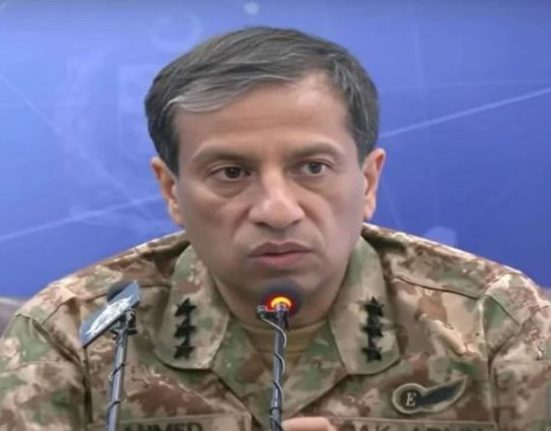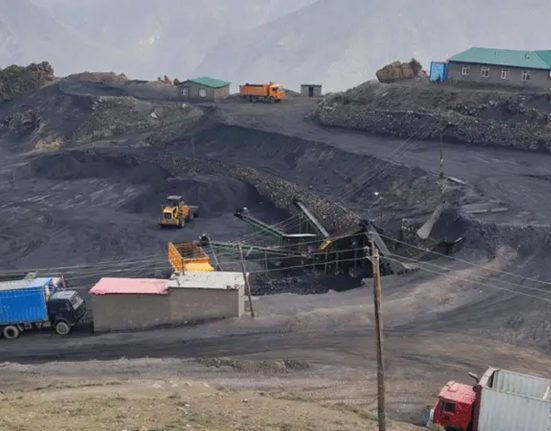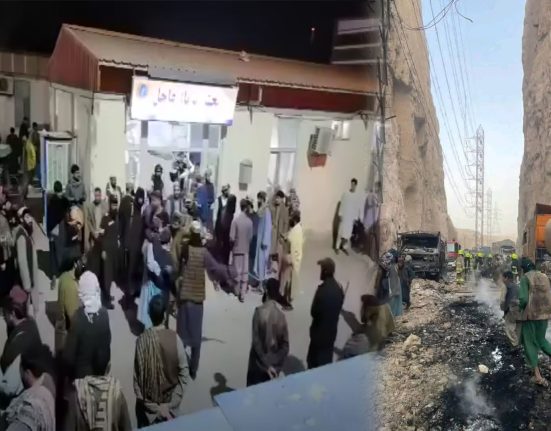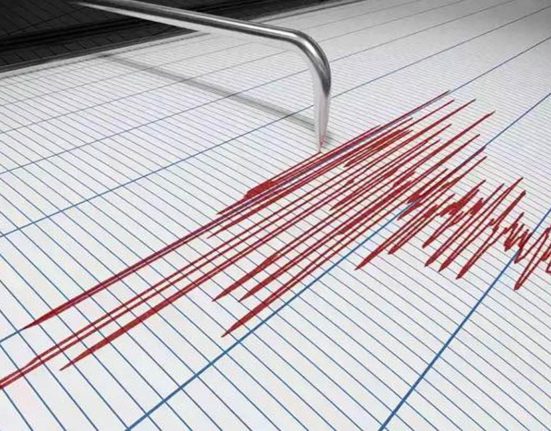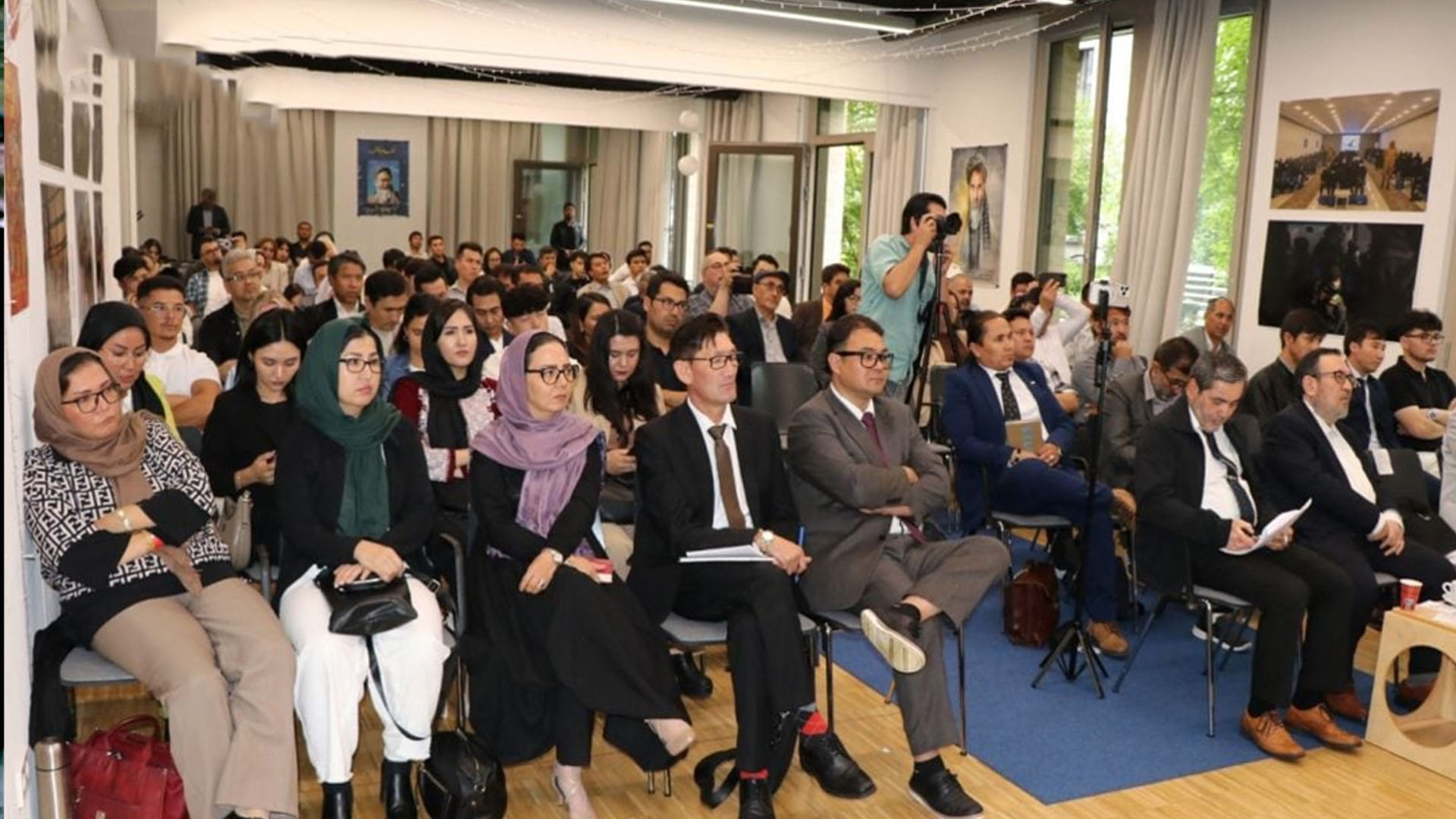
The Hazara Genocide and the History of Suffering; A Review of Crimes from Amir Abdul Rahman to the Present.
In Frankfurt, Germany, civil society activists, researchers, and Hazara writers held a meeting to mark the 133rd anniversary of the beginning of the Hazara Genocide.
The meeting was held with the aim of “breaking the silence and raising the voice of the Hazaras,” and the participants, while examining the historical dimensions, emphasized the need for accurate documentation and an accurate narrative of the genocide.
Researchers of the history of the Hazaras recalled that the killing of this people began during the reign of Amir Abdul Rahman Khan and continued until the Taliban era, and continues in various forms, from massacres, systematic discrimination, to social and economic restrictions.
Melissa Sky Kiwonda, a researcher on the history of the Hazaras, emphasized at the meeting that women, children, and the elderly were the most victims of this genocide.
Mohammad Amin Ahmadi, a researcher on religious affairs, also explained the legal dimensions of these crimes and reminded that not every killing is considered genocide and must comply with international legal standards.
Bismillah Taban, a former Afghan government official, also called for compensation to be paid to the families of the victims and for justice to be provided to the Hazaras.
The organizers of the meeting also emphasized the need for documentation, an accurate narrative of history, and efforts for justice.
They pointed out that the Hazara genocide has continued under various titles and forms since the time of Amir Abdul Rahman until today;
From political and social restrictions to targeted violence. The Canadian Parliament’s Foreign Relations Committee had previously recognized this historic massacre, which further demonstrates the importance of recognition and justice for the Hazaras.


